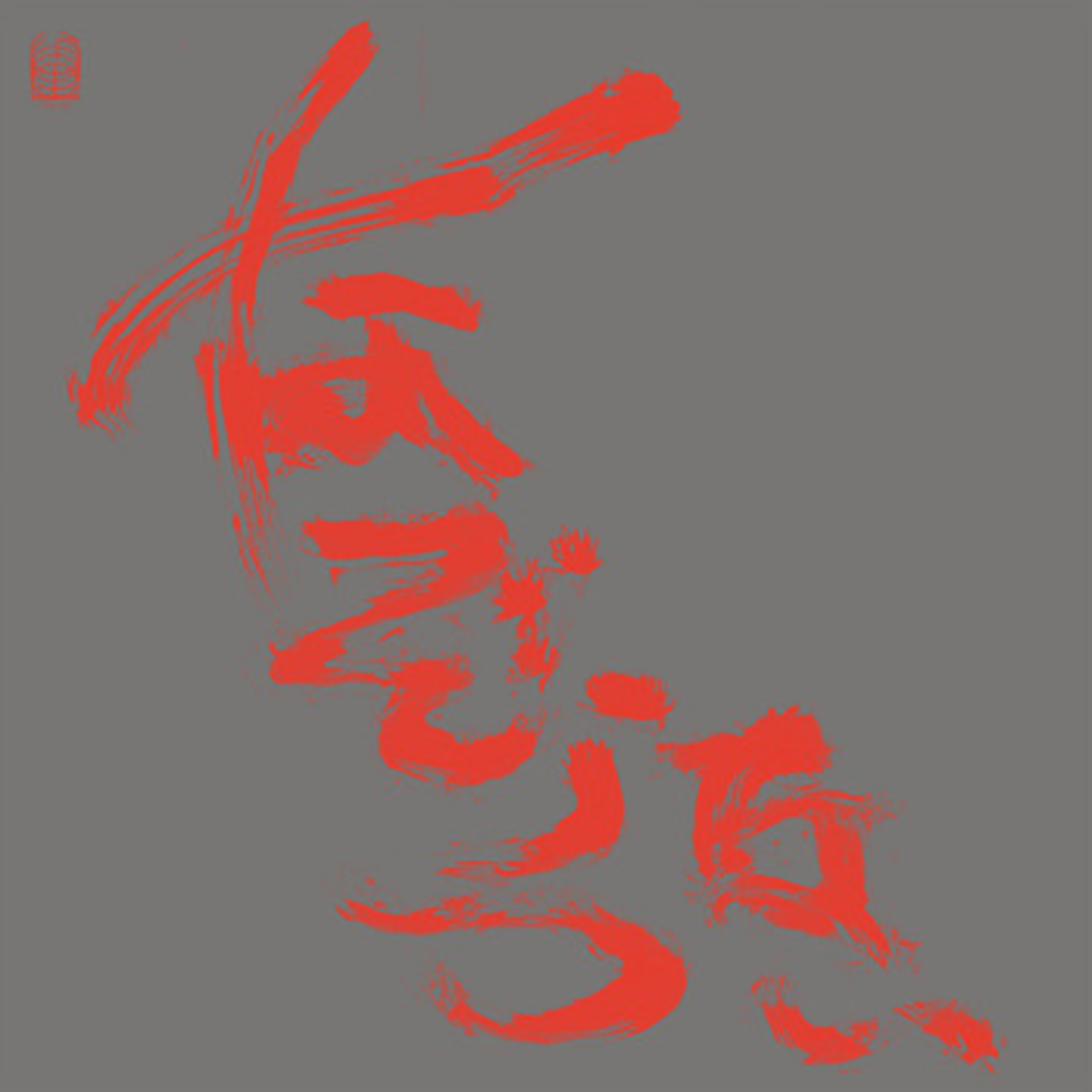Nazoranai, "The Most Painful Time Happens Only Once Has It Arrived Already..?"
 Nazoranai's second album is a curious tabula rasa that makes any kind of quasi-objective opinion nearly impossible, as the baggage and expectations of the individual listeners are far more important than the actual sounds that this trio conjures up.  Though both Stephen O'Malley and Oren Ambarchi are physically present, their distinctive aesthetics are most definitely not: this is Keiji Haino's show and it is an entirely improvised one.  Charitably viewed, that means spontaneous, volcanic, and wildly unpredictable free-rock heaven from one of the genre's most singular icons.  Viewed by me, The Most Painful Time is an indulgent, flawed, quixotic, and intermittently compelling attempt to recapture the wide-eyed freedom and possibility of psych rock's formative years.
Nazoranai's second album is a curious tabula rasa that makes any kind of quasi-objective opinion nearly impossible, as the baggage and expectations of the individual listeners are far more important than the actual sounds that this trio conjures up.  Though both Stephen O'Malley and Oren Ambarchi are physically present, their distinctive aesthetics are most definitely not: this is Keiji Haino's show and it is an entirely improvised one.  Charitably viewed, that means spontaneous, volcanic, and wildly unpredictable free-rock heaven from one of the genre's most singular icons.  Viewed by me, The Most Painful Time is an indulgent, flawed, quixotic, and intermittently compelling attempt to recapture the wide-eyed freedom and possibility of psych rock's formative years.
The Most Painful Time... opens with "You Should Look Closely…," a piece which instantly conveys absolutely everything that anyone would need to know about the album.  Most significantly, Ambarchi and O'Malley are relegated to drums and bass, respectively.  Ambarchi, for his part, is a surprisingly adept drummer who keeps a tom-heavy groove going that resides somewhere between doom metal and free-jazz.  Stephen O'Malley, on the other hand, is more or less reduced to a vague rumble and is quickly forgotten.  That is probably the single most frustrating aspect of the entire album: it sounds exactly like a live recording minus any crowd sounds, so the drums are reduced to a spirited clatter and the bass to a mere abstraction.  The absence of a visceral groove almost completely castrates the album for me, as I can hear that Oren is putting on quite a wild performance and that actually being in the room during the recording was probably face-melting, but I cannot feel any of that.  Consequently, the focus is almost entirely on Keiji's mixture of incendiary guitar squall, occasional synth noises, and somewhat arbitrary and unmelodic singing.
I mostly could do without the latter, though his isolated, echo-laden vocals in the uncharacteristically song-like "Will Not Follow Your Hoax Called History" are both effective and affecting.  For the most part, however, he just seems to howl or moan into the microphone when the mood strikes him.  As for his guitar playing, it is all over the place (albeit in a good way).  Sometimes he solos in a vaguely conventional "rock" way, sometimes he plays a restrained and idiosyncratic strain of the blues, and sometimes he locks into something that sounds like a mutant, stuttering approximation of a Sabbath riff (as he does in the title piece).  Mostly, however, he just builds towards a messy, effects-heavy firestorm of guitar noise, which is the area in which he truly excels.  While I enjoy several of Ambarchi's grooves, the primary appeal of The Most Painful Time... truly (and almost solely) lies in Haino's unhinged guitar eruptions.  The rest of the album (for me, anyway) is basically just waiting for them to happen.
Aside from the "live album" fidelity and gutted low-end, I was also exasperated by how "off the cuff" this album feels.  I am willing to accept that Nazoranai prize spontaneity and passion above all else, but I cannot overlook the fact that this trio's potential far exceeds what they produced: it could have been extremely cool to hear a genuine collaboration recorded in a real studio with overdubbing, more structure, more presence, and more editing.  Or maybe the group would have just imploded instantly–regardless, the possibilities certainly nag at me.  Still another exasperating aspect to The Most Painful Time... is that it arrived about 40 years too late to make a substantial impact: had it come from an earlier era, Nazoranai would probably enjoy a mythic stature similar to that of Les Rallizes Denudes and deservedly be the subject of much enthusiastic prose from Julian Cope. In 2014, it is still an admirably messy, visceral, and explosive return to a wilder, freer mindset, but it is far too much of a pale shadow of the actual performance to offer much appeal to those who are not already Keiji Haino fans.
Samples:
- You Should Look Closely Those Shattered Spells Never Attaining Embodiment as Prayer They Are Born Here Again
- Will Not Follow Your Hoax Called History
- The Most Painful Time Happens Only Once Has It Arrived Already..?
 



